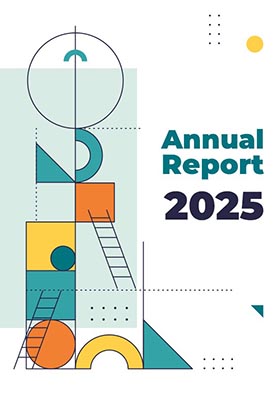On ( May 29, 2022) , (Dr. Mohammad Ahmad Thawabteh) published a new study in (Dragoman Journal of Translation Studies) titled (Translation Norms and the Arab Legacy of Translation). The article argues that translation has long been practiced and widely been considered as a vehicle for all major cultural exchanges throughout history. The bulk of Greek philosophy and science transmission into Arabic in the early medieval was an epitome of the exchange whereby translation was constantly governed by norms (i.e., sociocultural constraints acquired by members of society by means of education and socialisation. The present article may then be accorded a significant status in a wider socio-historical context as, in greater detail, it first discusses a well-established issue in translation studies, i.e. translation norms, and second it sheds some light on the visibility of these norms insofar as Arab legacy of translation is concerned. The paper draws on these translation norms, apposite to particular historical situations, i.e., Abbāsid Era as can be illustrated in a manuscript translated from Greek into Arabic by a famous Syrian Nestorian Christian translator, named Ḥunayn ibn Ishaq al-ʻabādi born in 808 AD and died in 873 AD. The approach adopted in the study is Toury’s (1980:75) typology of translation norms (e.g., ‘initial norms’, ‘preliminary norms’ and ‘operational norms’.) in which the paper exhaustively explores the applicability of these norms to the translations of the manuscript proper. The paper finally concludes that beyond the already aforementioned translation norms, four more (sub-)norms are manifest: (1) the ethical norm; (2) the norm of introducing so-called Islamic benediction; (3) the power norm; and (4) the fatalistic norm.


